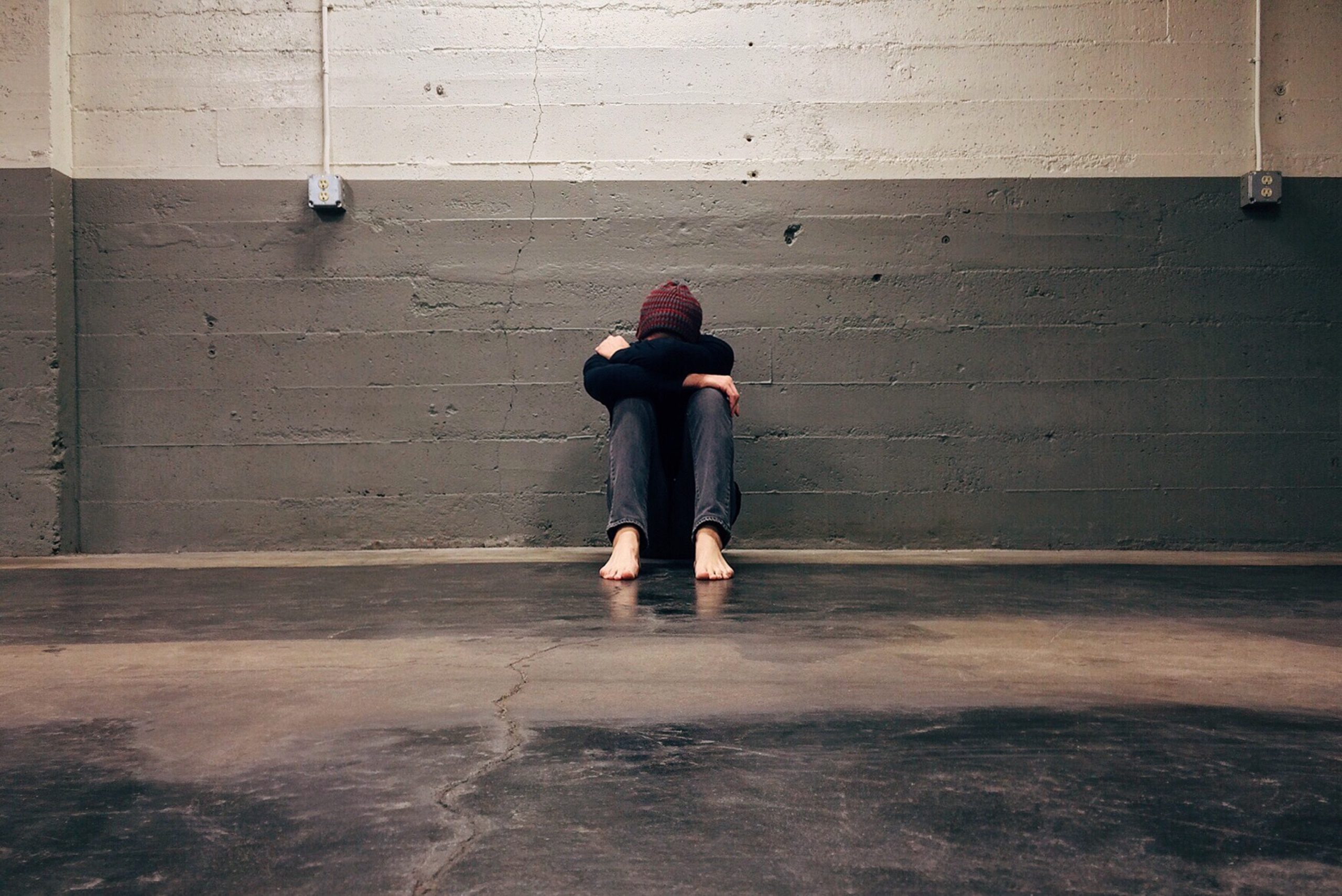 0
0

Understanding Social Anxiety: Symptoms, Causes, and Treatment
Singapore
May 18 2023
Social anxiety is a common mental health condition that affects individuals of all ages and backgrounds. It is characterized by an intense fear of social situations and a constant worry about being judged or humiliated by others. This article will dive into a comprehensive understanding of social anxiety, including its symptoms, causes, and available treatment options. Whether you or someone you know is experiencing social anxiety, gaining insights into this condition can help foster empathy, awareness, and support.
What is Social Anxiety?
Social anxiety, also known as social phobia, is an anxiety disorder that involves an overwhelming fear of social interactions and performance situations. Individuals with social anxiety often experience distressing thoughts and emotions when faced with situations such as public speaking, meeting new people, or participating in social events. These fears can significantly impact their daily lives, relationships, and overall well-being.
Symptoms of Social Anxiety
Recognizing the symptoms of social anxiety is critical for early intervention and support. While each individual may experience social anxiety differently, here are some common symptoms to look out for:
- Excessive Self-Consciousness: Individuals with social anxiety often feel excessively self-conscious and worry about being judged or scrutinized by others. They may constantly fear embarrassing themselves or saying something inappropriate in social settings.
- Fear of Negative Evaluation: Socially anxious individuals intensely fear being negatively evaluated or criticized by others. This fear can lead to avoidance of social situations or extreme discomfort when forced to engage in them.
- Physical Symptoms: Social anxiety can manifest in various physical symptoms, including sweating, trembling, rapid heartbeat, shortness of breath, nausea, and even panic attacks. These physical symptoms may arise in anticipation of or during social encounters.
- Avoidance Behaviour: To cope with their anxiety, individuals with social anxiety may engage in avoidance behaviours. They may avoid social situations, parties, or public speaking engagements altogether, which can further reinforce their fear and limit their life experiences.
- Impact on Daily Life: Social anxiety can significantly impact an individual’s daily life, causing difficulties in personal relationships, academic or professional pursuits, and overall well-being. It can lead to feelings of isolation, low self-esteem, and missed opportunities for personal growth.
Causes of Social Anxiety
Social anxiety is a complex condition influenced by a combination of genetic, environmental, and psychological factors. While the exact causes of social anxiety may vary from person to person, several key factors have been identified:
- Genetic Predisposition: Research suggests that genetics play a role in the development of social anxiety. Individuals with a family history of anxiety disorders may have a higher likelihood of experiencing social anxiety themselves.
- Environmental Factors: Certain environmental factors can contribute to the development of social anxiety. Childhood experiences such as traumatic events, bullying, or social rejection may increase the risk of developing social anxiety later in life.
- Learned Behaviour: Social anxiety can also be learned through observation or direct experiences. If a person consistently witnesses or experiences negative social interactions, it can shape their beliefs and expectations about future social encounters, leading to heightened anxiety.
- Brain Chemistry and Structure: Imbalances in brain chemicals, such as serotonin or gamma-aminobutyric acid (GABA), have been associated with anxiety disorders. Additionally, studies have shown that specific brain areas involved in fear and anxiety responses may be more active in individuals with social anxiety.
Treatment for Social Anxiety using Cognitive Behavioural Therapy (CBT)
The good news is that social anxiety is a treatable condition, and effective strategies and therapies are available to help individuals manage and overcome it. Our centre administers Cognitive-Behavioural Therapy (CBT), a highly effective therapeutic approach to address social anxiety. It combines cognitive techniques, focusing on thoughts and beliefs, with behavioural techniques targeting behaviours and actions. CBT aims to help individuals identify and challenge negative thought patterns, beliefs, and behaviours that contribute to their anxiety.
CBT – Cognitive Techniques
CBT begins by examining the thoughts and beliefs that underlie social anxiety. Often, individuals with social anxiety have a tendency to engage in negative self-talk or hold irrational beliefs about themselves and others. These thoughts can further fuel their anxiety and contribute to a negative perception of social situations.
During CBT sessions, individuals learn to recognize and challenge these negative thoughts. Our mental health professional guides them to examine the evidence supporting these thoughts and encourages them to reframe their thinking in a more balanced and realistic way. By challenging and replacing negative thoughts with more positive and accurate ones, individuals can reduce the intensity of their anxiety to a manageable level.
CBT – Behavioural Techniques
In addition to working on thoughts and beliefs, CBT also focuses on behavioural aspects of social anxiety. This involves gradually exposing individuals to feared social situations in a structured and supportive manner. This exposure allows individuals to confront their anxiety and build confidence in their ability to cope with social interactions.
Exposure exercises in CBT may start with less challenging situations and gradually progress to more anxiety-provoking scenarios. Our mental health professional helps individuals develop a hierarchy of feared situations and supports them in facing these situations step by step. Through repeated exposure, individuals learn that their feared outcomes are often unlikely to occur or are not as catastrophic as they initially imagined.
Coping Skills and Relaxation Techniques
CBT equips individuals with a range of coping skills and relaxation techniques that can be used to manage anxiety symptoms. These techniques may include deep breathing exercises, progressive muscle relaxation, and visualization. By practising these techniques regularly, individuals can reduce their overall anxiety levels and gain control over their anxiety symptoms.
Our mental health professional guides individuals in learning and implementing these coping skills, tailoring them to their specific needs and preferences. With regular practice, individuals can manage their anxiety during social situations better. They are more likely to experience a sense of calm and self-assurance.
Summary about Social Anxiety
Understanding social anxiety is crucial in providing support and empathy to individuals who experience this challenging condition. By recognizing the symptoms, understanding the potential causes, and being aware of available treatment options, we can create a more compassionate and inclusive society.
If you or someone you know is struggling with social anxiety, remember that help is available. If needed, reach out to us to seek guidance and embark on a journey towards managing and overcoming social anxiety. Remember, you are not alone; there is hope for a brighter, more fulfilling future.
Learn more about anxiety and anxiety-related disorders on our Instagram!
Please Message us or Contact Us to discuss more in detail.
Related articles
Building Healthy Relationships: Communication and Emotional Intimacy
Voices of Anxiety: Exploring the Top 3 Phrases We Encounter in Anxious Individuals
If you like what you read, follow us on Facebook, Instagram or LinkedIn to get the latest updates.
Have a question? Reach out to us through our contact form or WhatsApp.
Want to speak to our clinicians? Book your appointment here!

Join Our Newsletter
Subscribe to our newsletter and receive daily updates & promotions!






